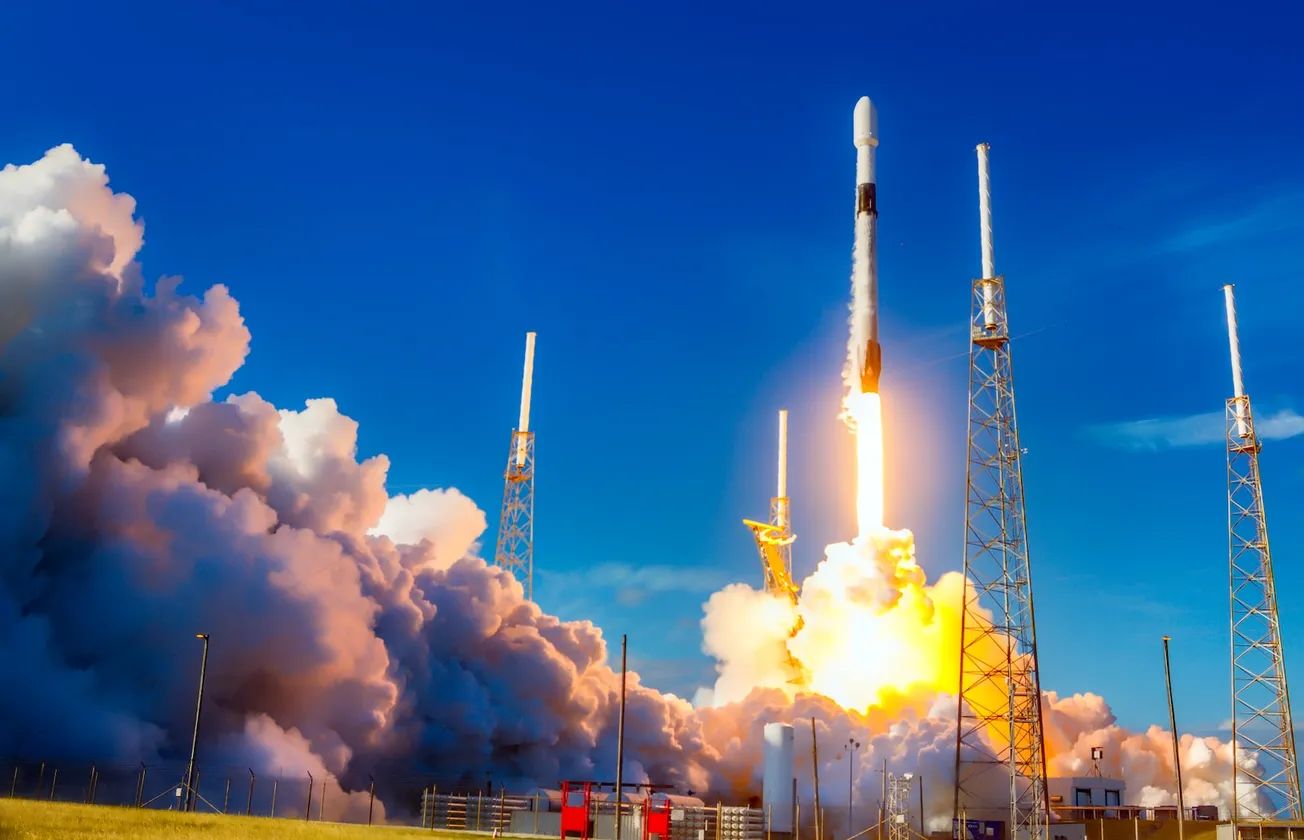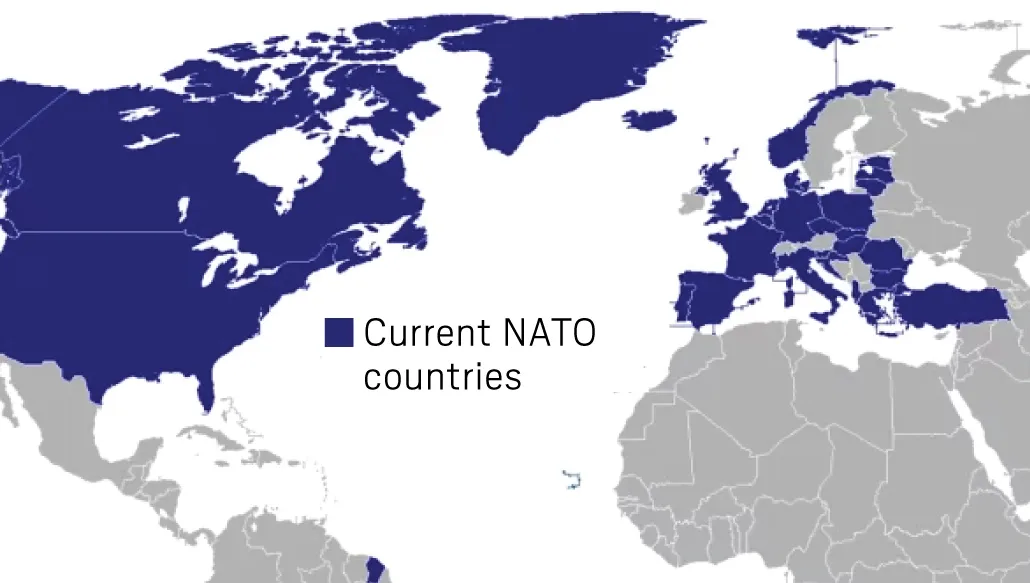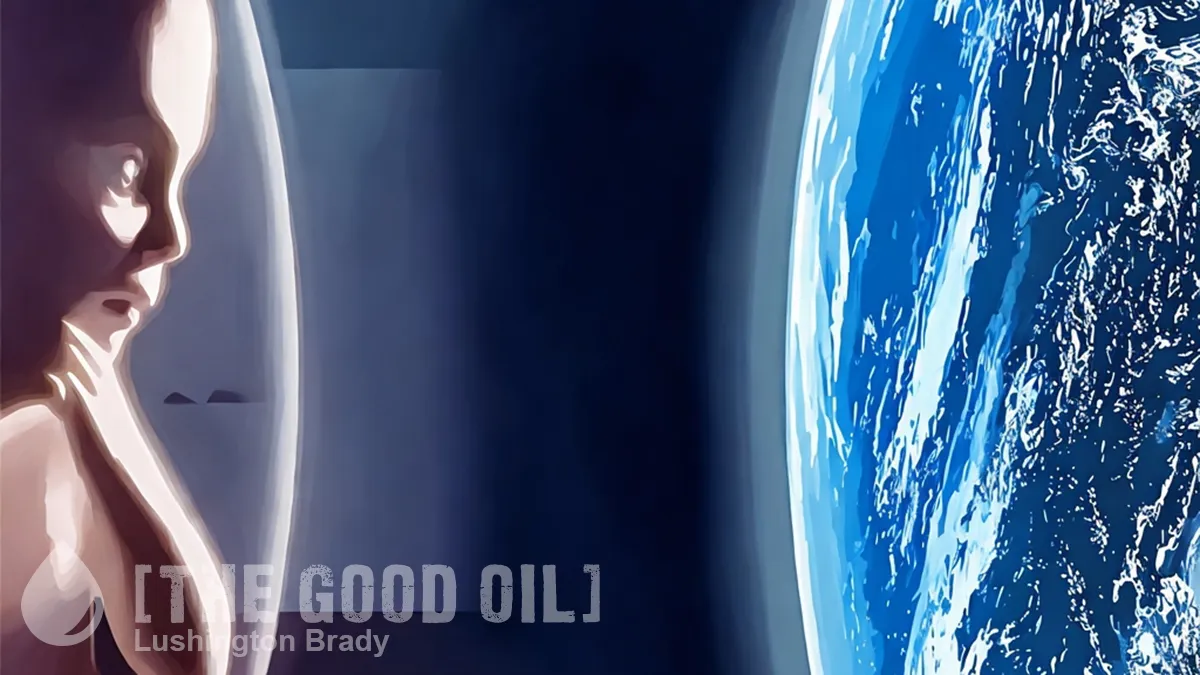Table of Contents
In my previous post, I argued that war with China was far from inevitable, especially if we could navigate the next few years in peace. Others are not so optimistic.
Certainly, there are plenty of people in power warning of the possibility of war with China. But are they, like Donald Trump’s “fire and fury”, using threats to put a bully in his place? Or do they really mean it? Are we optimists as foolishly deluded as Norman Angell, who wrote as late as 1913 that “a general European war was very unlikely to start, and if it did, it would not last long”?
We have all been accustomed to peace for so long that uber optimists believe major wars have been consigned to the dustbin of history.
But Taiwan’s emergence as a potential trigger for a hot war with global consequences is fundamentally changing perceptions. Earlier this year, The Economist described Taiwan as “the most dangerous place on Earth” – fearing that it could become the catalyst for war between the US and China.
Here is where comparisons with Angell and with 1914 require context. Every bit as much as it did in 1939, Germany in 1914 wanted war. The vainglorious Kaiser manipulated the Balkans crisis to ensure that war was the only outcome.
China, for all its sabre-rattling and bullying behaviour does not, it would appear, actually want war. Beijing would prefer to manipulate and bully its way to conquering Taiwan by any other means.
Niall Ferguson has argued that Angell’s The Great Illusion was much less pacifist than is generally thought; that it was in fact designed to explicitly warn Germany of the consequences of starting a war. It might be argued that Xi’s muscle-flexing is designed not so much to start a war, but to intimidate his enemies into giving him what he wants without a fight.
But the problem with carrying big sticks is that you might end up actually using them.
All indications are that the Taiwan issue is coming to the boil […]
The consensus among Western intelligence professionals and defence officials is that Xi has drastically shortened his time frame for the reunification of Taiwan, a view shared by the Morrison government. In some respects, the battle for Taiwan is already under way. Witness the softening up of the island’s defences through economic and diplomatic pressure and regular People’s Liberation Army incursions into the air space around Taiwan.
I argued that the next two years are going to be the most dangerous, others throw the timeframe out a few years more.
The political cycle from 2024-27 is shaping to be an early window for an all-out invasion. China analyst John Garnaut believes that 2024 could be a particularly dangerous year because of the confluence of elections in Taiwan and the US. The return of an independently minded Democratic Progressive Party in Taipei and a more isolationist administration in Washington could create the opening Beijing seeks.
On the other hand, a more assertive president is more likely. Contrary to arguments of “isolationism”, Donald Trump was never backwards about coming forward to assert American strength. His threat to withdraw from NATO was in fact designed to force his mendicant allies to lift their game — as they panicked and did. Trump intimidated America’s enemies even more.
Certainly, the Biden administration is also proving a lot more steadfast than might be feared. But Americans simply do not tolerate an “America-second” president. If Biden is replaced by a more hawkish president, as Carter was by Reagan, China might back down.
Or it might panic and try to strike first.
Early this year, Admiral Philip Davidson, the Hawaii-based head of the US Indo-Pacific Command, assessed that China could take military action against Taiwan in the next six years. Taipei’s new defence minister, Chiu Kuo-cheng, gave an even bleaker assessment on October 6, declaring that China already has the capability to “invade Taiwan now”. By 2025, it will reach “full capability” […]
With greater capability has come a worrying confidence that war can only strengthen the Communist Party’s rule in China, when once it was seen as a threat to the party’s power.
But is that true? Mao used the Korean War to strengthen communist rule, but, for all the jingoism of Chinese media, will a new generation of Chinese so easily be trucked off for cannon fodder? As the 2011 satirical cartoon, Little Rabbit, Be Good, showed, the CCP’s grip on power may be a lot more fragile than it likes to admit. America can project power beyond its borders because it doesn’t have to worry about revolution at home as soon as the troops are gone — can China say the same?
Xi would prefer to win without going to war. So, he will focus initially on military and non-military grey-zone tactics short of armed conflict involving campaigns of intimidating military exercises, harassing patrols, intrusive surveillance and political interference in Taiwan’s domestic affairs. The aim is to compress Taipei’s reaction time and space for manoeuvre in the hope of wearing the government down to the point that it capitulates.
Third, if grey-zone tactics fail, China will have to invade and occupy Taiwan to impose its will. Successfully mounting a seaborne assault across the 130km-wide (at its narrowest point) Taiwan Strait against a resolute and entrenched foe is a high-risk military operation. Nothing quite like it has been attempted in the annals of military history.
The Australian
The pessimists also argue that “the first mover usually wins”. This is simply untrue. Germany struck first in both Wars, and lost. The communists struck first in Korea, and were beaten back. The US struck first in Afghanistan, and lost.
Moreover, while it’s tempting to argue that the US will simply wash its hands of Taiwan, that is also most unlikely. If China successfully invaded Taiwan, it would be the biggest threat to the governance of Asia since Japan’s brief empire in WWII. Neither the US nor other Asia-Pacific nations are likely to tolerate such a prospect lightly.
Would Xi Xinping really take such a gamble? That is, indeed, the rub.
Please share this article so that others can discover The BFD







![[The Good Oil] March 2026 Political Poll](https://images.unsplash.com/photo-1540910419892-4a36d2c3266c?crop=entropy&cs=tinysrgb&fit=max&fm=webp&ixid=M3wxMTc3M3wwfDF8c2VhcmNofDk1fHx2b3Rpbmd8ZW58MHx8fHwxNzIyMzkxNTI4fDA&ixlib=rb-4.0.3&q=80&w=1304)

